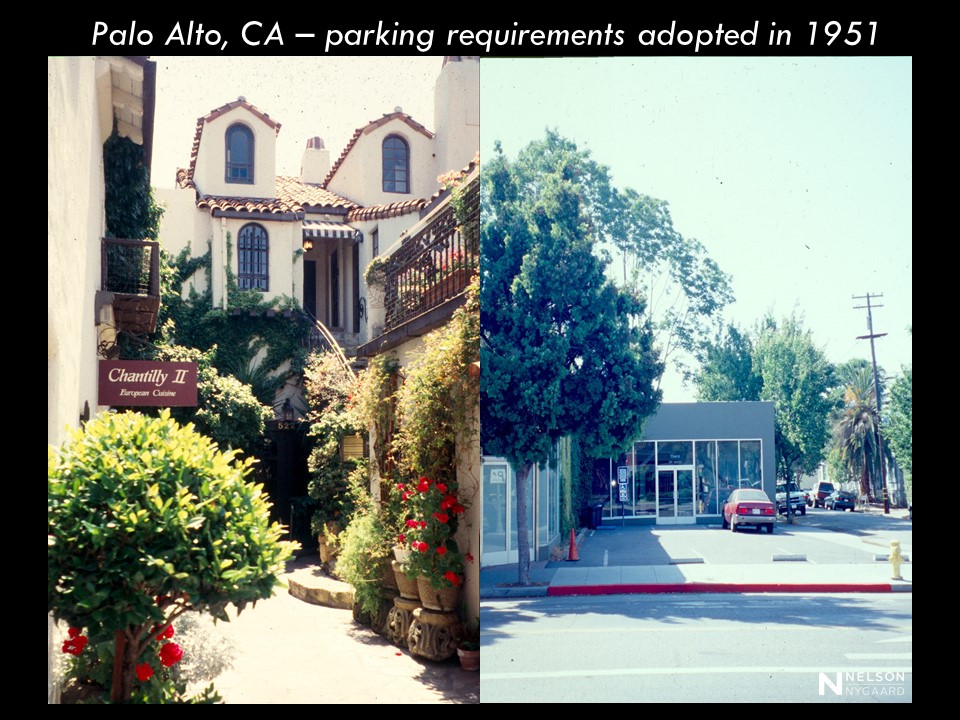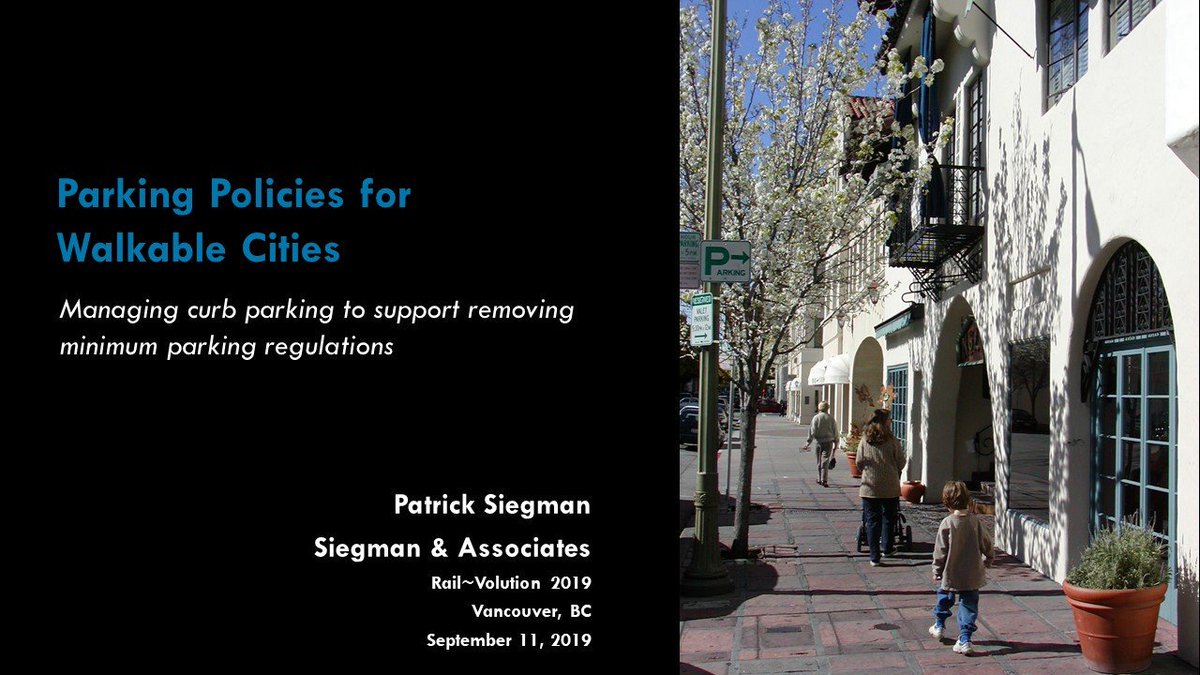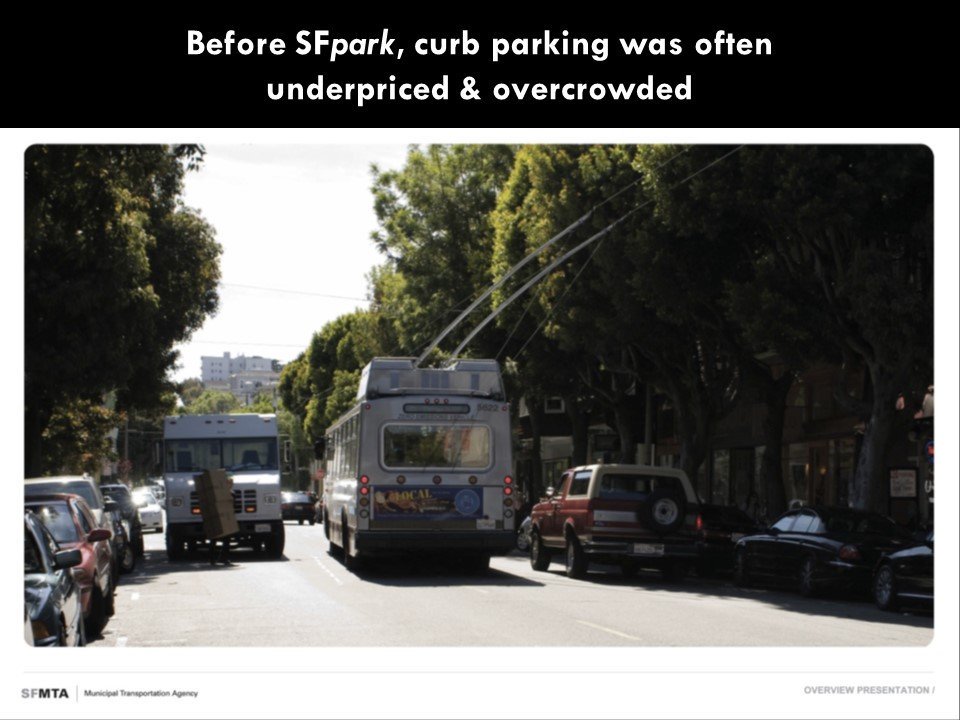
“After eliminating parking requirements, monthly rent in the average #Minneapolis studio apartment fell from $1,200 to less than $1,000.” #AB1401
nhregister.com/opinion/articl…
nhregister.com/opinion/articl…
“As the leader of one of the state’s largest parking authorities, Park #NewHaven, I’ve come to learn a lot about parking. Our business model rests on the notion that parking is better when shared & the cost of parking should be borne by people who want to drive.”
A good policy.
A good policy.

“Zoning laws have the opposite result. They impose the cost of parking on nondrivers — and on all of us. Zoning mandates on parking make the cost of construction — and housing — more expensive."
True.
True.

“...the cost of parking mandates is passed on to renters. Data from the American Housing Survey shows that on average, the annual cost of garage parking to renter households is $1,700.”
Other research confirms that parking mandates result in higher rents.
accessmagazine.org/spring-2017/th…
Other research confirms that parking mandates result in higher rents.
accessmagazine.org/spring-2017/th…

“Excessive parking mandates that drive up the cost of housing contribute to the fact that 26 percent of #Connecticut’s renter population are severely cost-burdened, meaning that they spend over 50 percent of their income on housing.” 

• • •
Missing some Tweet in this thread? You can try to
force a refresh
























